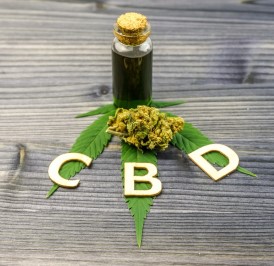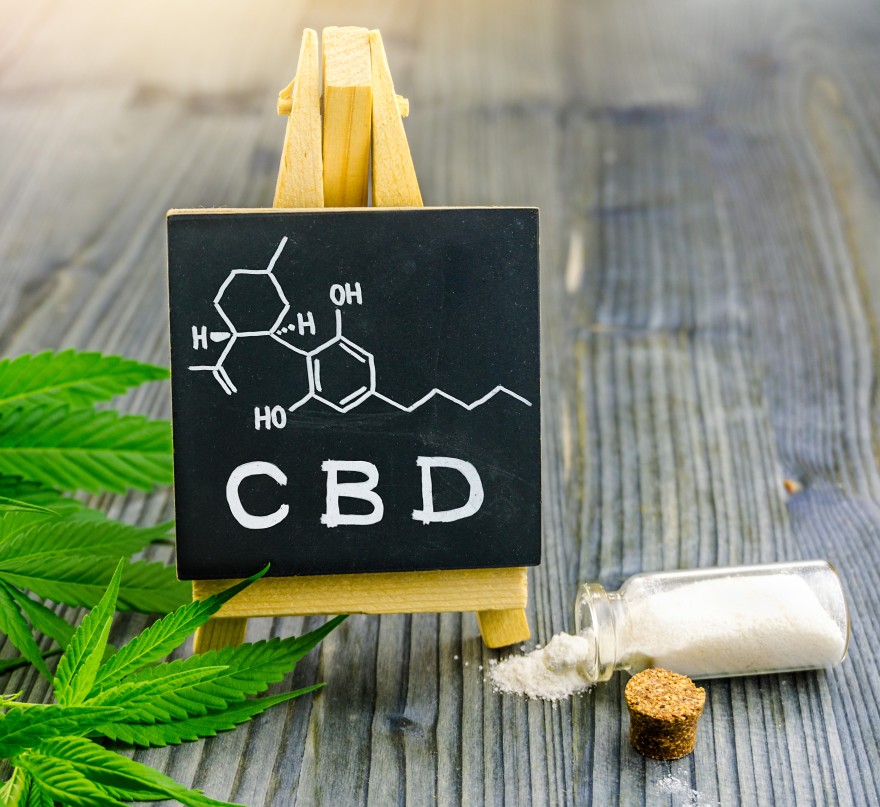What Is CBD?
Do you suffer from chronic pain, inflammation, or anxiety? If so, you’ve probably heard about CBD, a natural, non-addictive alternative to traditional pain medications. But what does the research say about CBD? Is it really an effective alternative to prescription pain medications?
In this article, we’ll take a look at how CBD compares to traditional pain medications. We’ll discuss the potency and dosage of CBD, the side effects associated with its use, and its addictive nature compared to traditional medications.
By the end of this article, you’ll have a better understanding of the differences between CBD and traditional pain medications.

How Does CBD Compare to Traditional Pain Medications?
The distinction between CBD and traditional pain medications comes down to the fact that they are different compounds and work in different ways.
CBD is the compound found in cannabis plants that are known to reduce inflammation, relieve pain, and provide mood-boosting benefits. CBD is non-psychoactive, meaning it does not produce a ‘high’ or any of the associated adverse effects of marijuana.
Conventional pain medications, on the other hand, are built on synthetic chemicals that are designed to block pain receptors or reduce inflammation. Some of these medications have severe side effects, including addiction and long-term use dangers.
The benefits of CBD don’t just stop at its ability to lessen pain. CBD can also help to reduce stress and anxiety, improve overall mental wellbeing, and work as an effective sleep aid. Unlike many traditional medications, CBD does not become less effective over time or require ever-increasing doses.
CBD is considered to be safe for use with few or no side effects. It does not produce a high, unlike with traditional pain medications, nor does it have the potential for addiction. This makes CBD an attractive alternative for people who are looking for pain relief without the potential risks associated with traditional medications.
Finally, CBD has been shown to help with a wide range of medical conditions, including epilepsy, arthritis, insomnia, and even cancer. This means that CBD can be used as a holistic solution for many different medical conditions, something a traditional pain medications cannot do.
CBD is quickly becoming a popular alternative to traditional pain medications, and with its wide range of potential benefits, it’s easy to see why. While traditional medications provide symptom relief, CBD helps to treat the root of the issue and provide a more holistic and long-term solution.
Potency and Dosage
CBD has been found to possess analgesic properties and has been studied for its medical use in humans and other mammals.
The exact potency and dosage of CBD will depend on many factors, including the source and quality of the product, the individual’s body weight and metabolism, and the specific pain condition being treated.
In general, the recommended dosage of CBD is between 5-30 mg per day for adults; however, the dosage may need to be adjusted depending on the person’s individual needs and circumstances.
Unlike traditional pain medications, CBD does not have a fixed dosage. Instead, it is up to the user to decide how much to take, depending on the desired effects and their personal experience.
Side Effects
:
The side effects of traditional pain medications can vary depending on the type of drug, but generally include nausea, headaches, dizziness, fatigue, decreased appetite and more.
In comparison, research into the side effects of CBD is still in the early stages. CBD has been found to be generally well tolerated in humans, with the most common side effects being tiredness, diarrhea, changes in appetite and weight.
While the potential side effects of CBD are milder and fewer in comparison, it is important to note that both CBD and traditional pain medications can interact with other medications and should only be taken after consulting with a doctor.

Addictive Nature
When considering any form of medication, it is important to consider how addictive it may be. Traditional pain medications, such as opioids, are known to be extremely addicting.
This is due to their sedative effects and the potential to develop a tolerance quickly. In comparison, CBD is not known to be addictive.
As a non-intoxicating cannabinoid, CBD does not produce the same euphoric effects as other drugs and, therefore, is not thought to lead to addiction or substance abuse.
Studies have shown that CBD can even help reduce cravings and withdrawal symptoms associated with drug addiction.
Conclusion
The comparison between CBD and traditional pain medications should be of great interest to those looking to manage pain in a safe and natural way.
Although research is still in its early stages, it seems clear that CBD offers a variety of benefits that can provide relief from chronic pain, inflammation, and anxiety.
Through its natural anti-inflammatory properties and its ability to interact with the body’s endocannabinoid system, CBD can help reduce pain and discomfort at a fraction of the cost of traditional pain medications.
It is important to remember that modifications to an existing pain management regimen should always be discussed with a doctor before implementation.
Despite the promising advantages of CBD, there is still much to learn about the long-term effects of CBD on the body. Thus, it is important to proceed with caution and to always consult with a medical professional before introducing CBD into any existing medication plan.
When considering a natural, drug-free alternative to traditional pain medications, CBD should be at the top of the list.
With its versatile applications and few side effects, CBD is a natural option for those looking to relieve pain without the unwanted side effects of traditional medications.
With an increased understanding of the potential effects of CBD, more people may be able to enjoy a more natural approach to managing chronic pain and discomfort.
